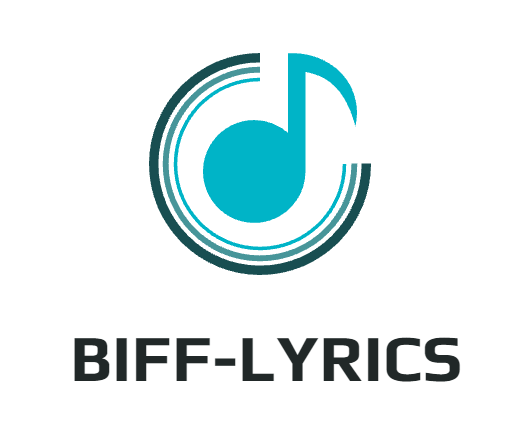The AI generation, specifically in schooling, is rapidly remodeling traditional teaching strategies. Artificial intelligence (AI) is rapidly developing as a powerful tool with the ability to revolutionize the way we train and analyze/learn. This article explores the multifaceted role of AI in education, inspecting its benefits for both educators and college students alike, whilst also acknowledging the challenges and moral considerations.
AI can even give solutions comprehensively to the questions often searched online by the students like “for urbanization in north american cities, which of the following is best explained by the model?”. That’s astonishing, right? Gauth is such example for understanding the importance of integrated AI with teaching for the convenience of students.
From Skepticism to Seeing the Potential
Many educators may initially approach AI with skepticism. Fears of students using AI as a crutch to avoid learning or concerns about AI replacing the irreplaceable role of human teachers are valid. However, AI offers a wealth of opportunities to enhance, not replace, traditional education.
AI tools streamline the academic system by automating time-consuming tasks. Teachers can create quizzes, find out new activities, plan training, and grade checks more correctly. These tools allow educators to cognizance more on engaging with students and fostering a deeper expertise of the learning.
A Powerful Ally for Educators
Imagine an era in which educators can spend less time on administrative duties and greater time fostering a love of learning in their students. AI can be that domain. AI-powered tools can automate educators’ obligations like grading MCQ quizzes, freeing up precious time for educators to create engaging lesson plans and provide personalized feedback to your students.
Furthermore, AI emancipates educators to be more effective in their classrooms. AI-powered platforms like Gauth can curate customized learning materials tailored to every student’s strengths and weaknesses. This allows educators to distinguish instruction and cater to the precise needs of every learner.
AI as a Personalized Tutor for Students
Students are not passive recipients of information available now. AI can remodel students into active participants in their very own learning journeys. AI-powered tutors can offer students on demand help, step by step explanations for complicated concepts. Platforms like Gauth are a prime example, providing students with not simply solutions but deep information of the underlying mathematical reasoning.
AI helps students learn how to use technology responsibly while emphasizing the importance of developing cognitive skills independently. Educators must teach students the value of learning without technology and highlight the benefits and opportunities it brings to their educational experience.
The Ethical Considerations
The integration of AI into education necessitates careful consideration of ethical problems. Educators need to equip students with the capabilities to use AI responsibly. This consists of expertise in the restrictions of AI, spotting the significance of critical thinking, and growing strong research skills to assess the facts AI presents.

Addressing Cheating and Academic Misconduct
The increasing use of AI raises concerns about cheating and academic misconduct. It's crucial to establish clear guidelines and encourage academic integrity. Educators should promote the understanding that using AI tools without proper citation is considered cheating. By monitoring student work and emphasizing the importance of showing their problem-solving process, teachers can mitigate these issues.
Establishing Guidelines for AI in Education
To successfully integrate AI into education, educators, policymakers, and leaders should follow these principles:
- Define the purpose: Support and enrich educational goals.
- Comply with existing policies: Ensure student safety and data security.
- Teach AI literacy: Equip students with proper knowledge.
- Understand the benefits and risks: Find a balance.
- Follow academic integrity: Maintain ethical standards.
- Maintain human decision-making: Ensure educators remain central to the learning process.
- Continuously assess the impact: Monitor and evaluate the effectiveness of AI tools.
By following these principles, AI can be effectively integrated into teaching and learning, benefiting both educators and students.
Conclusion
AI has the ability to revolutionize education via improving both teaching and learning experiences. By the use of AI tools responsibly and organizing clear guidelines/tips, educators can create an extra efficient, engaging, and modern educational environment.


